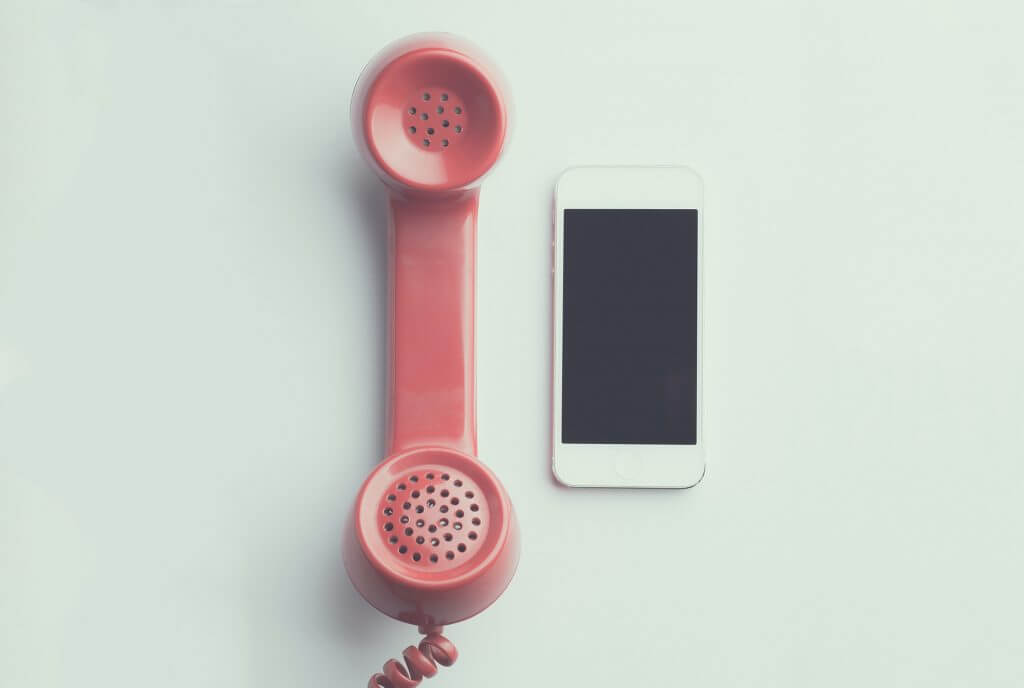
Over the last decade, messaging has become an intrinsic part of our communication – we are not only messaging friends and family anymore, but also brands.
NB: This is an article from ReviewPro
Now that the hospitality industry is warming up to the idea of guest messaging, chatbots are appearing. So, what is then the difference between messaging and chatbot messaging?
What is guest messaging?
Guest messaging allows guests to directly message their hotel when they have a question, or when they need something. They can do this through the messaging platform of their choice, like a webchat, SMS, WhatsApp, WeChat, Facebook Messenger, etc. Guest Messaging is two-way communication, which means that hotels too can reach out to their guests and share valuable information with them.
Introducing guest messaging in your property is a logical step considering that messaging apps are the most downloaded apps. Recently and since the global pandemic, messaging has become even more popular with a global increase of 45% in messaging use.

Guests are used to communicating through these platforms and have been reaching out to brands this way for a while now. Studies have shown that about 65% of consumers prefer the option to message businesses.
However, many hoteliers have been hesitant towards messaging because they are unsure of how to implement and manage these new technologies. Most concerns revolve around a shortage of resources to deal with this new influx of messages, how to respond to them instantly like messaging requires and a reluctance to let employees use a phone during working hours. With chatbots popping into the market, this will soon change.
What is chatbot messaging?
Messaging means your guests are in direct contact with an agent, while with chatbot messaging your guests will receive real-time answers from a bot. Does this mean there is no human contact involved anymore? Not at all. Your bot will answer the more simple and easy to answer questions and when it cannot respond, the guest will be referred to an agent. This means that this new influx of messages will not put any restraints on your resources. By not having to respond to these same, but essential, questions, their time will be freed up so they can focus on more important and complex tasks. With no extra effort, a hotel can now offer 24-hour service, 365 days a year.
The first chatbots launched into the world might have communicated like a robot, however, with the help of AI bots have evolved a lot and can now converse with a human tone of voice. Guests won’t mind being helped by a chatbot, rather than a human agent. In a study, results showed that more than 50% of the clients prefer to be helped faster by a chatbot when it comes to simple queries than having to wait for their answers.
How can AI help with chatbot messaging?
The most advanced bots use artificial intelligence to understand complicated requests. AI is a branch of computer science developing computer systems capable of performing tasks that usually require human intelligence. By using AI and machine learning, chatbots can improve and personalize their answers. So, instead of using static response templates to answer, a chatbot will use AI to search for establishment information on OTAs and use this to respond to guests. There is no need anymore to manually fill in response templates, like with Messaging.



